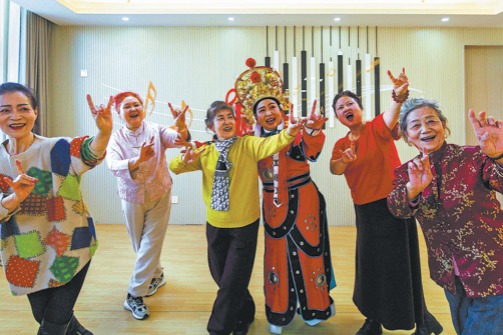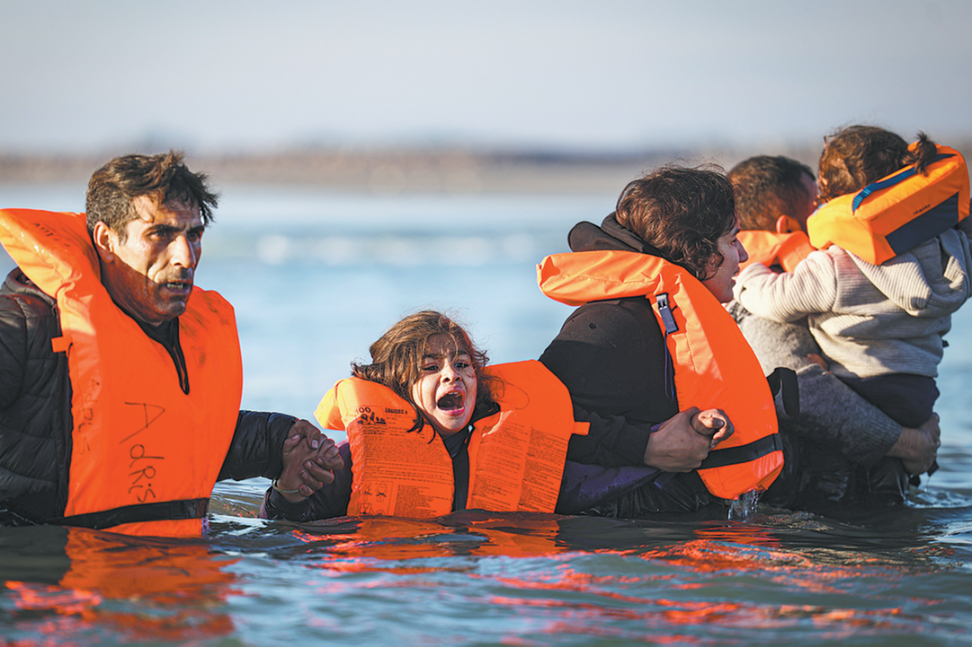The Dubrovnik Guidelines for Cooperation between China and Central and Eastern European Countries
chinadaily.com.cn | Updated: 2019-04-13 12:02

On 12 April 2019, the 8th Summit of China and Central and Eastern European Countries (hereinafter referred to as "CEECs") was held in Dubrovnik, Croatia. Prime Minister Andrej Plenković of the Republic of Croatia, Premier Li Keqiang of the State Council of the People's Republic of China, Prime Minister of the Republic of Albania Edi Rama, Chairman of the Council of Ministers of Bosnia and Herzegovina Denis Zvizdić, Prime Minister of the Republic of Bulgaria Boyko Borissov, Prime Minister of the Czech Republic Andrej Babiš, Prime Minister of the Republic of Estonia Jüri Ratas, Prime Minister of Hungary Viktor Orbán, Prime Minister of the Republic of Lithuania Saulius Skvernelis, Prime Minister of Montenegro Duško Marković, Prime Minister of the Republic of North Macedonia Zoran Zaev, Prime Minister of the Republic of Poland Mateusz Morawiecki, Prime Minister of Romania Viorica Dăncilă, Prime Minister of the Republic of Serbia Ana Brnabić, Prime Minister of the Slovak Republic Peter Pellegrini, Prime Minister of the Republic of Slovenia Marjan Šarec and Minister of Foreign Affairs of the Republic of Latvia Edgars Rinkēvičs attended the Summit. They expressed appreciation and gratitude to Croatia for the efforts it had made as the host country to ensure the success of the Summit. Austria, Belarus, the European Union, Greece, Switzerland and the European Bank for Reconstruction and Development were present as observers.
The Participants reviewed the results of the cooperation between China and CEECs (hereinafter referred to also as "16+1 Cooperation") and hold that the Sofia Guidelines for Cooperation between China and Central and Eastern European Countries are being implemented in an effective manner. 16+1 Cooperation has proven to be a pragmatic and useful platform for promoting cooperation between China and CEECs.
The Participants hold that 16+1 Cooperation is an embodiment of the 17 countries jointly supporting the development of a sustainable and open world economy, and a rules-based multilateral trading system with the World Trade Organization (WTO) at its core. The Participants reaffirm their commitment to uphold the UN Charter and international law, the three pillars of the UN and transparency, inclusiveness, fairness, justice and pragmatism. The Participants express their commitment to fight corruption and bribery in all their forms. The Participants are determined to promote economic globalization, help realize the Agenda 2030 for Sustainable Development, and encourage full implementation of the Paris Agreement.
The Participants will provide a fair and just environment and a level playing field for foreign companies doing business in their own countries by upholding the principles of mutual respect, mutual benefit and fair competition.
The Participants underline that 16+1 Cooperation constitutes an important part of Europe-China relationship and complements the EU-China Comprehensive Strategic Partnership and the EU-China 2020 Strategic Agenda for Cooperation. They reaffirm their commitment to deepening their partnership for peace, growth, reform and civilization. In this respect, the Participants support the early conclusion of an ambitious EU-China Comprehensive Agreement on Investment. The Participants recognize the importance of the Belt and Road Initiative and the EU Strategy on Connecting Europe and Asia and welcome forging synergies between them. The Participants express their willingness to conduct cooperation using the opportunities provided by the Initiative and the Strategy, which for the EU Member States would also complement relevant EU initiatives.
The Participants, acting upon the spirit of the Suzhou Medium Term Agenda and past Summit Guidelines, formulate and issue the Dubrovnik Guidelines for Cooperation between China and Central and Eastern European Countries with "Building new bridges through openness, innovation and partnership" as its theme, giving direction for the future development of 16+1 Cooperation.
The Participants will conduct cooperation in accordance with national laws and regulations. EU Member States will conduct cooperation in accordance with EU law and policies. Institutions cooperating within the framework of 16+1 Cooperation will also conduct cooperation in the same spirit.
























